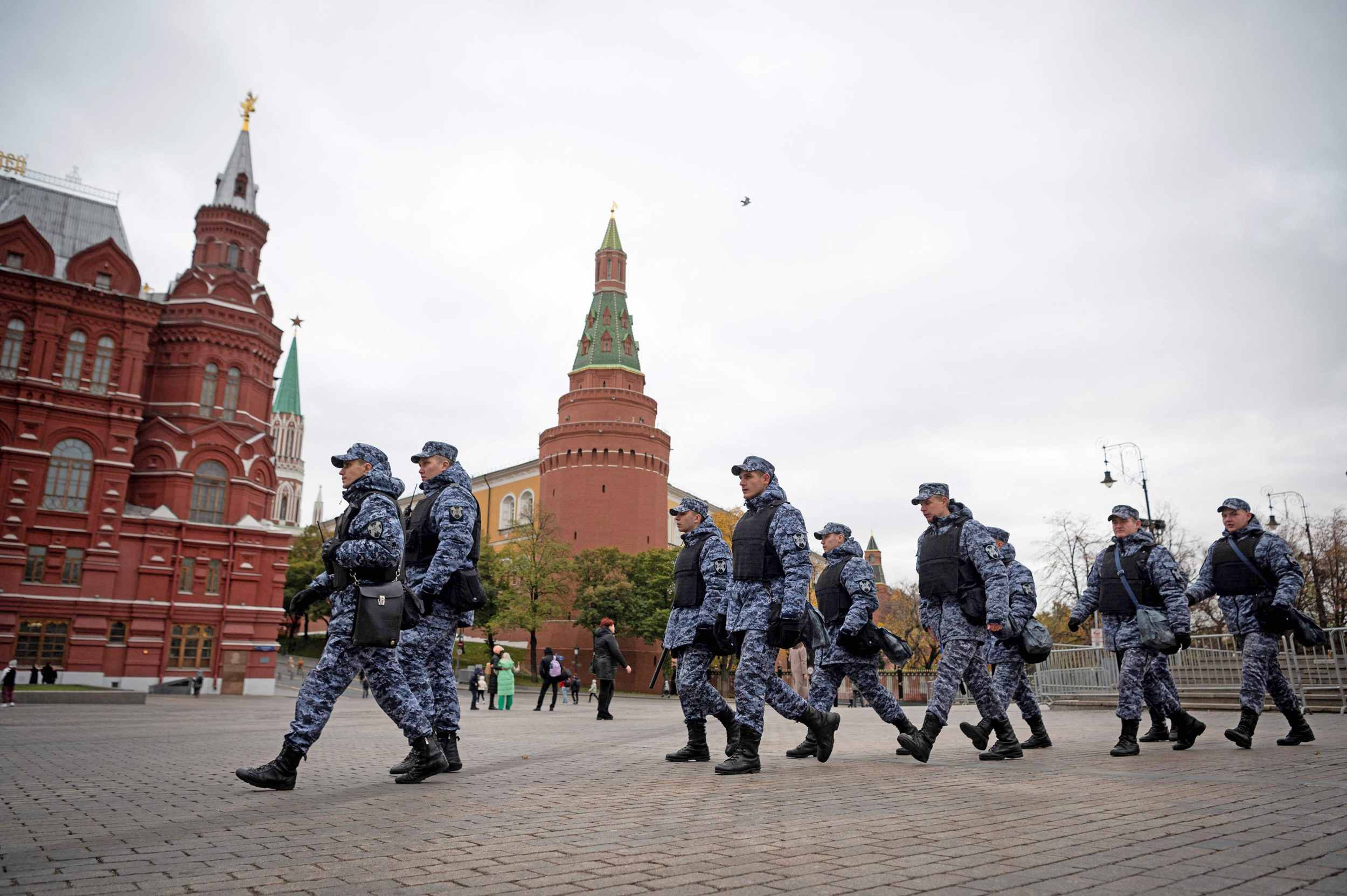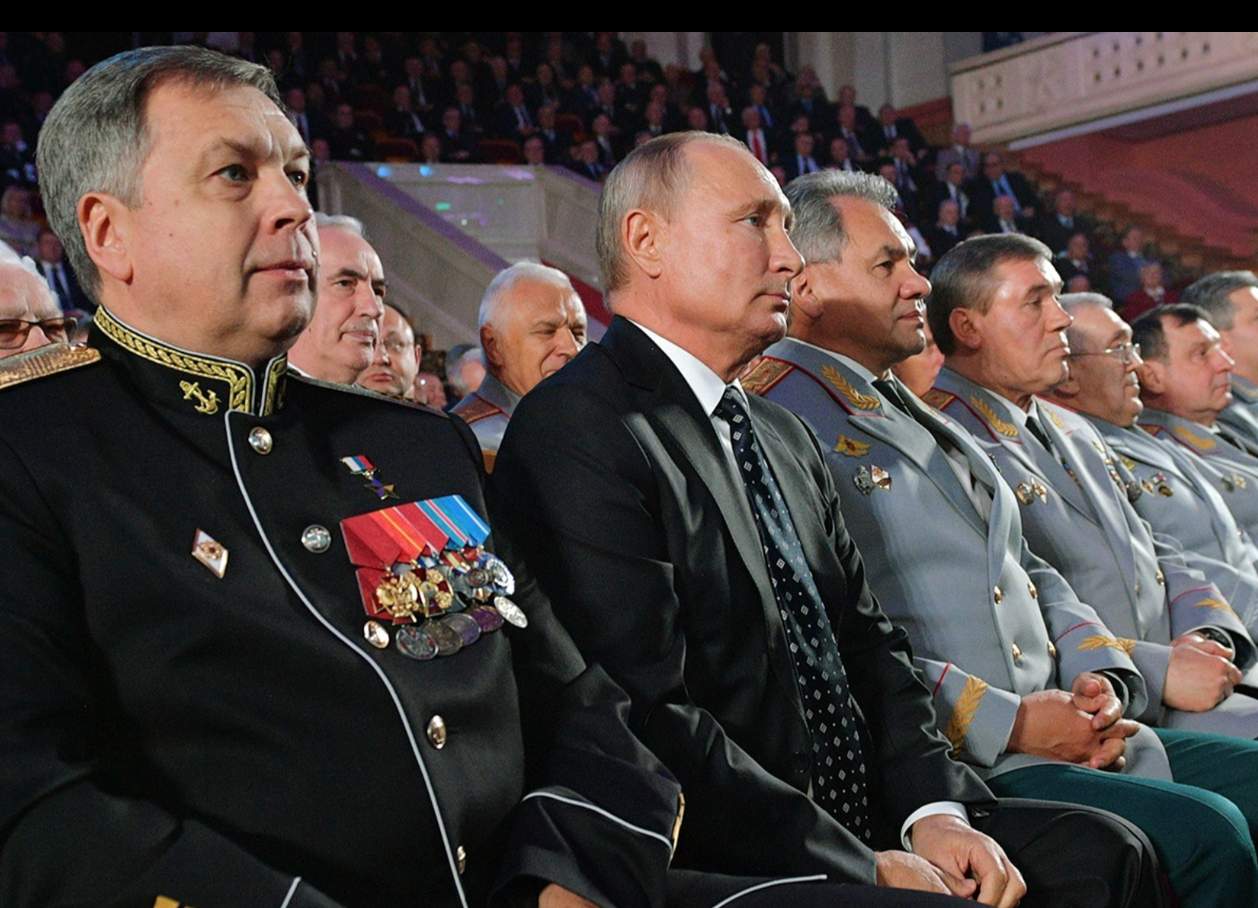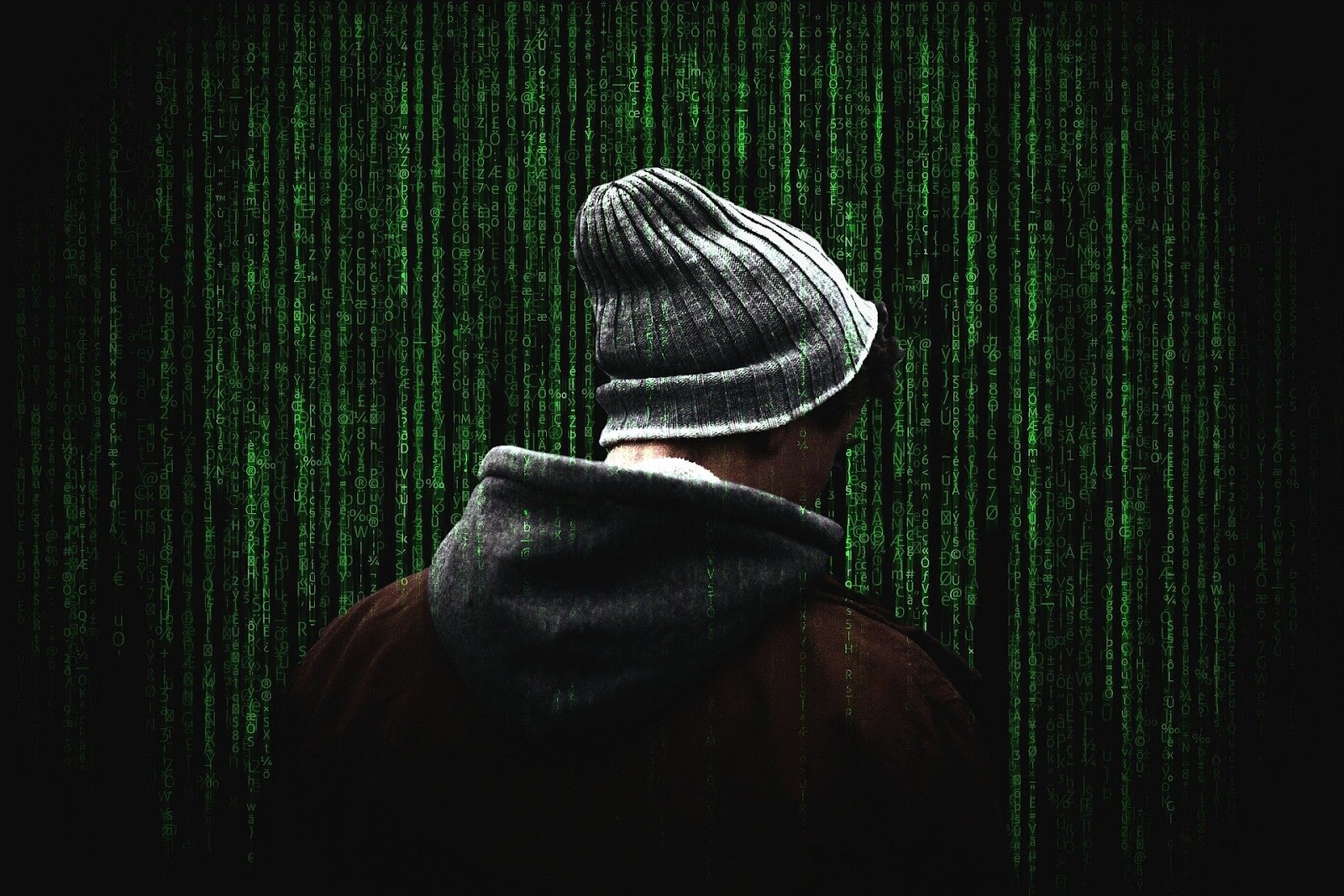To find out more about how the GRU works, listen to True Spies podcast: Moonlight Maze
The enigmatic GRU is the foreign intelligence arm of the Russian Ministry of Defense, accused of an incredible mix of operations from interfering in the US election to poisoning Sergei Skripal in England, running foreign sleeper agents, and a hacking campaign targeting Ukraine. (The GRU denies all.)
GRU officers reportedly undergo three years of specialist training including cybernetics, foreign languages, geopolitics, the use of codes, and other elements of espionage. General Igor Kostyukov, a naval officer who commanded Russian forces in Syria has been in charge since 2018. The GRU – officially known as the Main Intelligence Directorate – gathers human intelligence through military attaches and foreign agents, and maintains electronic signals intelligence and imagery reconnaissance and satellite imagery capabilities.
Though its acronym is less well known than the once-feared KGB, Russia’s military intelligence service has been part of the largest operations of the past century from the 1962 Cuban Missile Crisis to the war in Ukraine.
According to the Netherland’s Security Service AIVD: “The GRU’s main focus is on gathering military intelligence, but it also collects intelligence that is more political or technological in nature. The GRU not only collects information, its officers carry out covert influencing operations. These are a few of its many operations:
Special Forces – The elite military until Spetsnaz GRU is said to have fought in the Syrian war, helping President Bashar al-Assad, as well as against separatist rebels in Chechnya. Russia reported losing its first GRU military intelligence spy in the ongoing Ukraine war in March 2022. GRU agents also spied on Ukrainian forces in 2014, intercepted communications and seized important military outposts, credited for the ‘bloodless seizure of Crimea’.
Sleeper agents – GRU Department 5, the so-called Illegals program – deploys groups of undercover illegals who enter foreign nations under false identities to gather intelligence for Russia. In 2023, for example, Slovenian authorities arrested two foreign nationals suspected of spying for Russia’s GRU. Separately, in 2022, Olga Kolobova – the daughter of a Russian colonel – was accused of being a GRU spy who embedded herself in Nato circles in Italy and introduced herself as a Latin American jewelry designer. (An illegals’ program is also said to be run by the Russian SVR foreign intelligence service.) In the mid-1980s, researchers estimated that the GRU operated 150 illegals.
Ukraine cyber operations – The GRU is seen as a major Russian cyber player linked to many military operations including a 2023 attempt to penetrate the Ukrainian military planning operations systems through Android tablet devices. “Our enemy is extremely focused on getting insight into these systems,” Illia Vitiuk, the head of the Cybersecurity Department of Ukraine’s Security Service, told NPR.
Interfering in the 2016 US Presidential Elections – The US sanctioned GRU officers including its head – Igor Korobov – for cyber attempts to interfere in the 2016 presidential election. Although Russia denied meddling, 12 Russians accused of operating on behalf of the GRU were criminally charged with hacking and leaking the emails of senior Democrats.
Failed Coup in Montenegro – In 2019, a Montenegro court sentenced 14 people – including two Russian GRU officers – to up to 15 years in prison for a failed coup to overthrow the government. The GRU was accused of orchestrating the 2016 coup from neighboring Serbia, allegedly aimed at preventing the country from joining Nato.
To find out how the GRU works, listen to True Spies podcast: Moonlight Maze
Olympic doping – The GRU has also been implicated in a state-sponsored hacking and doping program that aimed to manipulate drug tests and allow Russian athletes to compete in the Olympics while using performance-enhancing substances. This led to Russia’s ban from the 2018 Winter Olympics.
Attack on Germany’s parliament – In 2020, the EU sanctioned two Russian intelligence officers and the GRU over their involvement in hacking the German parliament in 2015. The EU sanctions targeted the GRU’s Unit 26165, better known as hacker group ‘Fancy Bear’ or ‘Advanced Persistent Threat 28’.
Cuban Missile Crisis, 1962 – Lt. Col. Oleg Penkovsky was a GRU spy and double agent who smuggled military documents, photos, and human intelligence out of Russia – including gossip he’d pick up at parties – which he passed to British businessman Grenville Wynne during business meetings. Penkovsky ostensibly wanted to trade Soviet military secrets for a new life in the West with his wife and daughter.
In addition to the GRU, Russia has two other main spy organizations: the Federal Security Service (FSB), which oversees internal security, and the Foreign Intelligence Service (SVR) with a role similar to Britain’s foreign spy agency MI6.



